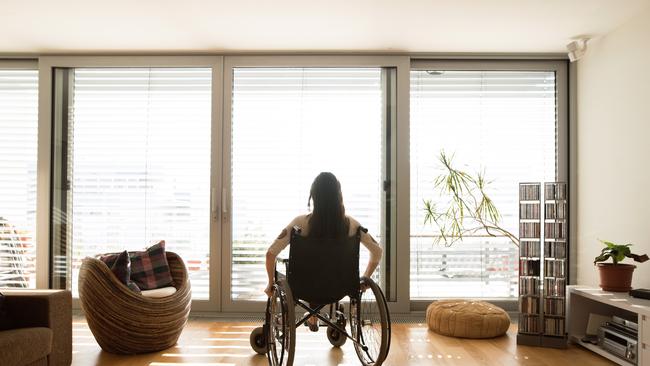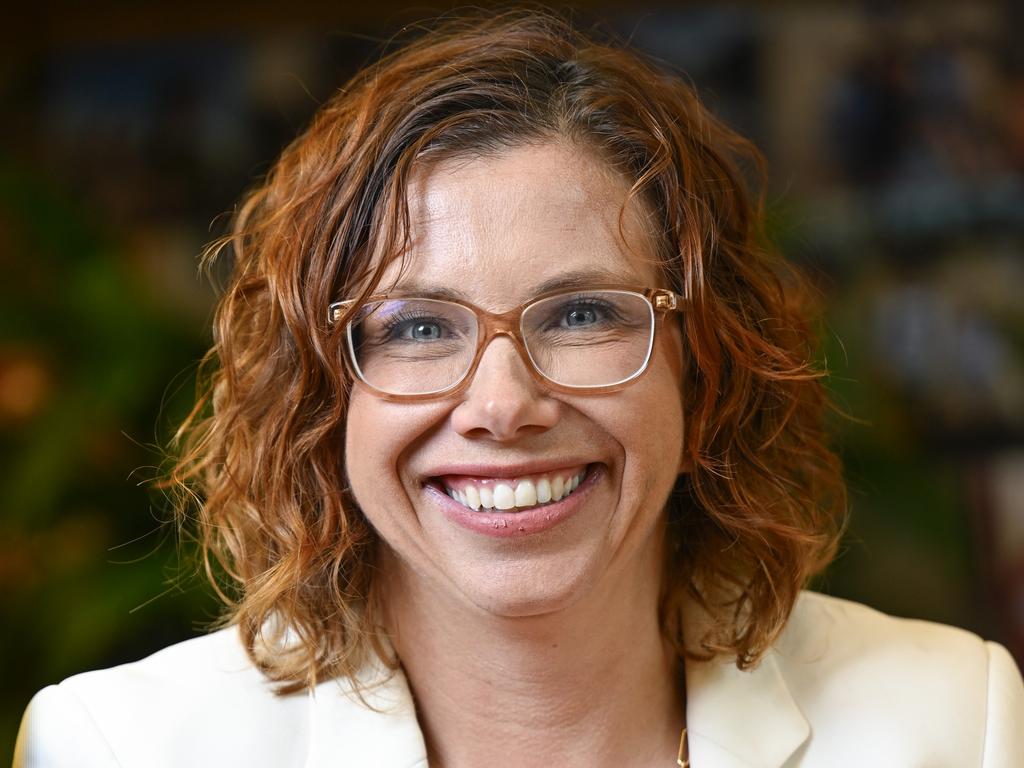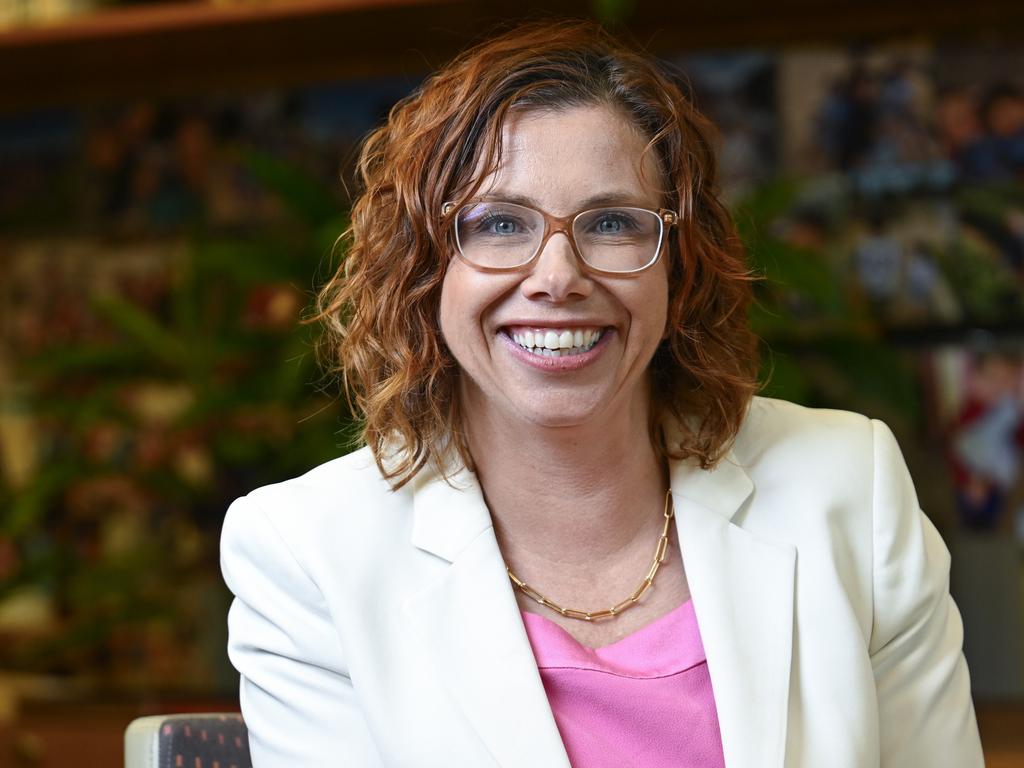Disability sector to flex poll muscles
The nation’s peak disability body is launching a campaign in marginal seats ahead of the election demanding the next prime minister reverse Anthony Albanese’s decision to absorb the NDIS portfolio into social services.

The nation’s peak disability body is launching a campaign in marginal seats ahead of the election demanding the next prime minister reverse Anthony Albanese’s decision to absorb the NDIS portfolio into social services and for a standalone minister for disability to be created.
With messaging aimed at older Australians and families with children who have a disability, the Australian Federation of Disability Organisations will also be calling for employment quotas to be enforced in government departments to boost the number of disabled staff to 15 per cent across the public service.
“We think, with this campaign, the major political parties will pay attention and obviously realise that there’s actually a significant vote in ... the disability community, let alone ... their families and friends,” ADFO chief executive Ross Joyce said.
The campaign will target Gilmore – a Labor seat on a 0.2 per cent margin – Cowper, which is held on a 2.3 per cent margin by the Nationals, and Deakin, which is narrowly held by opposition NDIS spokesman Michael Sukkar. The proportion of carers and people aged over 65 – many of whom have some kind of disability – is higher in the three targeted seats than national averages.
Other seats still in consideration include the Labor-held seat of Lyons in Tasmania and the Liberal-held seats of Menzies, Sturt and Monash.
“What we’d like to see ... is a commitment ... from both of the major parties, the Coalition and also the ALP, a commitment to leadership in the disability space for inclusion and equity for all people with disability,” Mr Joyce said.
“We don’t think that’s been happening.”
Mr Joyce said the Prime Minister’s decision to assign Social Services Minister Amanda Rishworth the NDIS portfolio after Bill Shorten’s retirement had been “disappointing”.
“It was a little bit of a back-to-the-future moment for us. We’re not saying that Amanda Rishworth isn’t a good minister, we think she is, but we think what’s required for people with disabilities is to have that recognition and have that separated as a department in its own right,” he said.
“We’ve got to be ensuring that we’ve got a strong voice ... and making sure that that gets taken into account through all the government decision-making. Otherwise you end up with, as we’ve already started to see with some of the stuff coming from the NDIS, you just end up with unintended consequences ... (including) what’s going on with the eligibility reassessments and how that’s been handled.”
Following reforms implemented by Mr Shorten last August to rein in the $40bn-a-year disability scheme, thousands of NDIS participants were sent letters every week telling them their eligibility needed to be reassessed, compared with fewer than 8000 for the whole of 2022-23.
In response to the calls for a standalone minister and department for the 5.5 million Australians with disability – 600,000 of whom access the NDIS – Ms Rishworth said her role as both NDIS and Social Services Minister met that need. “As Minister for Social Services and Minister for the NDIS, I oversee all disability policy for the 5.5 million Australians with disability in the country and am deeply committed to improve their lives,” she said.
“My focus has been on driving better outcomes for people with disability.”







To join the conversation, please log in. Don't have an account? Register
Join the conversation, you are commenting as Logout